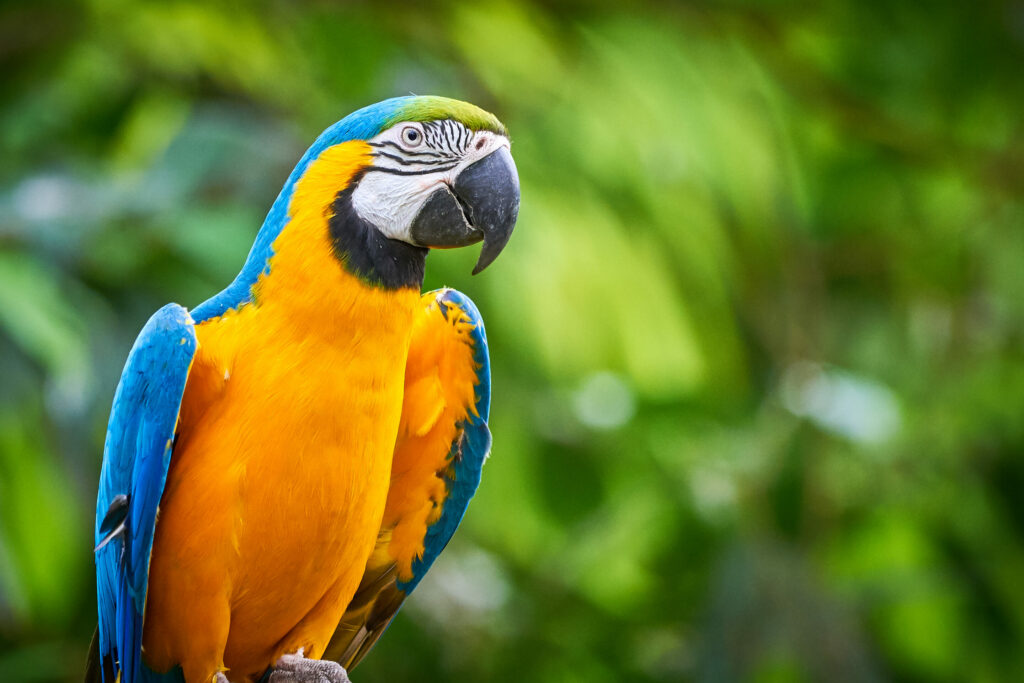The "No Illegal Animal" campaign to alert buyers of exotic animals to the dangers of illegal trade or breeding was launched on Sunday to mark World Wildlife Day (3 March).
Illegal trade can pose a threat on several levels. It endangers the conservation of endangered species. In 2016 for example, more than 300 Moorland tortoises from Morocco were discovered in a garage in West Flanders where they all died, depleting the local wildlife. It is also a risk to public health through potential infectious diseases that can be transmitted between animals and humans.
Belgium is an essential link in the world’s illegal trade in protected animals and plants. Here, most cases of illegal trade involve parrots and reptiles found during inspections of pet shops, as well as breeders and private individuals.
To curb this activity, the Health Ministry, Food Chain Safety and Environment Agency are alerting (potential) buyers of exotic animals to the dangers involved. "Illegal trade in endangered, wildlife species is as profitable as drug trafficking but is difficult to detect," a statement for the campaign read.
Warning signs
The organisations aim to inform buyers what to look out for when purchasing an exotic animal, as well as the regulations that buyer and seller must comply with.
The six warning signs are the degree of protection of the species, when documents are missing, unusual methods of payment (large amounts of cash), sellers wish to remain anonymous, unprofessional behaviour such as language errors in communication, strange usernames or email addresses and poorly photoshopped images. Buyers must also pay attention to animals sold at auctions.
The international trade in endangered wild animals and plants is regulated by the CITES Convention, and the rules for the trade are strict, with violations leading to severe penalties.
People buying an animal protected by CITES should make sure they have the right documents. Species listed in Appendix A of the European regulation must be sold with a European CITES certificate, while for species listed in Appendix B, proof of legal origin must be provided by the seller.

